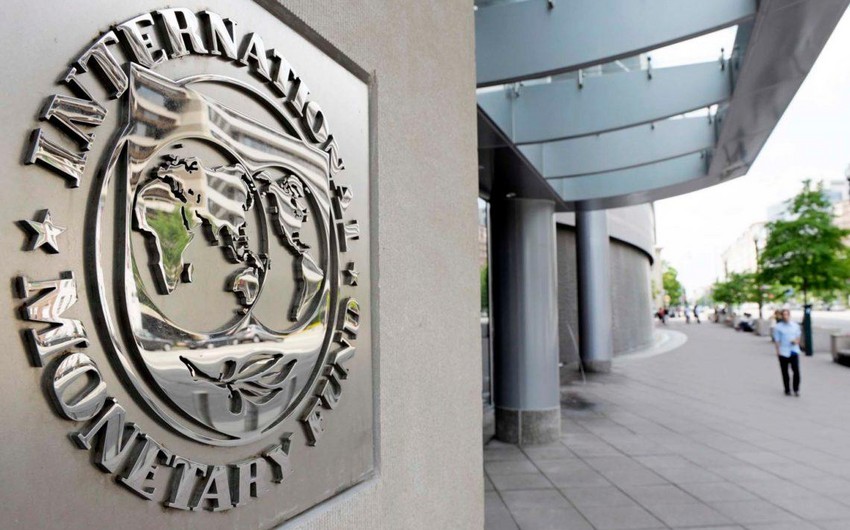The monetary stance of the Central Bank of Azerbaijan (CBA) is appropriate and caution is recommended before easing it further, reads a Staff Report for the 2023 Article IV Consultation of the International Monetary Fund (IMF), held by the head of the fund’s mission for Azerbaijan, Anna Bordon, in November 2023 in Baku, Report informs.
“With inflation returning to the target band, the central bank cut policy rates in November 2023, after tightening by 275 points from mid-2021 to May 2023 and increasing reserve requirements. However, inflation risks from external and domestic factors remain. Therefore, tightening fiscal stance, decelerating income and wage growth, and the absence of adverse food price shocks are needed before considering further easing,” the IMF noted.
“The CBA should continue to strengthen the monetary transmission mechanism. The launch of the new operational framework and following efforts to mop up liquidity are welcome and have led to improvements in the transmission from the policy rate to the interbank rate. Further effort to strengthen transmission to bank lending rates are needed, which, along with improved forecasting and communication, would help pave the way in the medium- to long-run to greater exchange rate flexibility and a hybrid inflation targeting regime.”
The IMF noted that it is necessary to ensure that the recent disinflation is sustained before further monetary easing: “Inflation has been declining rapidly and the CBA has recently reduced interest rates. However, caution is needed before further monetary easing. External factors that have been the main driving force of falling inflation could be quickly reversed, and domestic demand pressures remain strong on the back of expansionary fiscal policy and robust wage and income growth. Strengthening the monetary transmission mechanism to advance the transition to hybrid inflation targeting should continue.”
The IMF believes that inflation in Azerbaijan is projected to remain within the CBA target band in the medium term. Supported by elevated oil prices, the external position is projected to remain strong with trade surpluses and continued foreign reserves accumulation.
“Risks to the outlook remain broadly balanced, but external uncertainty is high. An intensification of the war in Ukraine and the conflict in Israel and Gaza could result in high hydrocarbon prices and demand, boosting exports and fiscal revenues. However, it could also lead to higher food prices, presenting downside risks for food security and inflation. A global slowdown could negatively impact Azerbaijan’s terms of trade and, along with weakness of trading partner economies and deeper geoeconomic fragmentation, weigh on the outlook.
Domestic risks to the baseline projection arise from pro-cyclical fiscal policy, fiscal risks from state-owned enterprises (SOEs), and extreme climate events that would affect agricultural production, food security, and inflation. On the upside, a peace agreement with Armenia could potentially increase trade in the region.
However, inflation risks remain, both from potential external shocks and from continued strong domestic demand. Risks to the outlook remain broadly balanced but high, reflecting highly uncertain external developments.”
According to IMF forecasts, the average annual inflation in the country will be 4.7% in 2024, 5% in 2025, 4.5% in 2026, and 4% in 2027-2028. The consumer price index (at the end of the period) is expected to increase by 5% in 2024-2025, and by 4% in 2026-2028.
In 2023, inflation in Azerbaijan amounted to 8.8% compared to 13.9% in 2022.


 https://static.report.az/photo/37e2b31f-94bf-4d01-8178-791b1a2e08b1.jpg
https://static.report.az/photo/37e2b31f-94bf-4d01-8178-791b1a2e08b1.jpg

